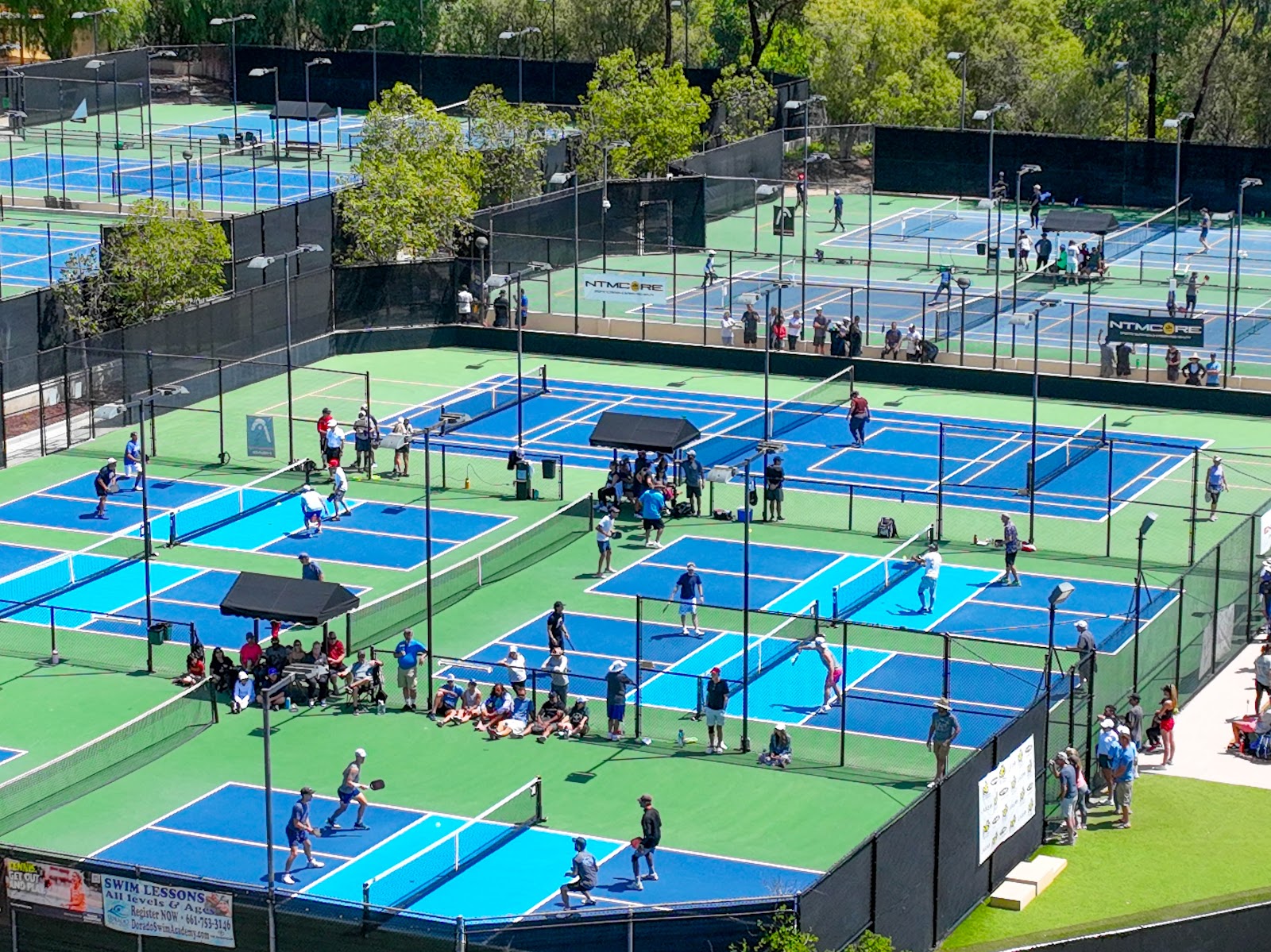Country Clubs vs. Social Clubs (And Which is Right For Me?)
June 11th, 2022 | 3 min. read
By Jen Azevedo
When you are considering joining a club you may be wondering which one is best for you. There are many different types of clubs available that have been created for different interests and focuses. We know you have limited time and resources to tour all of the clubs in your area. That is why we are here to share with you the facts about country clubs and social clubs. At Paseo Club, we have given thousands of tours to prospective members and we know how important it is to find the right club for your needs. By the end of this article, you will know the pros and cons of social and country clubs and you will have a much better idea of which club is the best fit for you.
 What is a Country Club?
What is a Country Club?
Historically a country club is an institution that has been a place for gentlemen to meet, network, do business, and play a round of golf. People were often members of their local club through multiple generations.
Today’s country clubs have evolved from that model but the roots remain. Some country clubs include additional features such as:
- Pools
- Fitness areas
- Tennis courts
- Golf practice facilities
- Kids golf and tennis programs
Country clubs’ primary attraction is still golf. There often have quality courses with many amenities including a clubhouse with a pro shop, restaurant, and locker room.
Membership
Country clubs offer memberships to those who apply but they generally do come with significant initiation fees. These fees, depending on the club, can be upwards of $1,000 or more. Monthly dues can range from a few hundred dollars a month up to $2,000 a month or more depending on the club. Most will likely fall in the $300-700 a month range.
The membership does grant access to their premium greens and clubhouse. It also provides you with a peer group that is enjoyed both personally and professionally.
%20-%20Edited%20(1).png?width=425&height=286&name=crop_comp_IMG-2698%20(1)%20-%20Edited%20(1).png) Are There Additional Fees?
Are There Additional Fees?
Typically, country clubs include fees that are in addition to the initiation and monthly membership fees. There are obvious fees such as buying a meal at the restaurant or some drinks at the bar. But there are often fees associated with the facility too.
- Carts – for use on the course
- Lockers – storing personal belongings
- Storage – for keeping your golf equipment at the club
- Equity – fees that members are responsible for when a club needs to update or develop its facility
Do I Need a Suit and Tie to Go to the Country Club?
Traditionally country clubs have specific dress codes, rules, and policies. You likely will not need a suit and tie for a round of golf, but there may be special evening events such as formal dinners or wine tastings that are worth dressing up for.
.jpg?width=350&height=330&name=comp_IMG-6279%20(1).jpg) What are the Benefits of Joining a Country Club?
What are the Benefits of Joining a Country Club?
If you love golf, a country club will often be your best bet. They generally take great care of their facilities and so you can expect a top-notch course. Many features support golfers including practice areas, instructors, storage options, and a pro shop. If you have friends or colleagues who attend a country club, then it can be a great place to network and strengthen those ties.
What is a Social Club?
A social club is a place where a group of people is formed around a common interest, occupation, or activity. Social clubs always emphasize community. They bring people from all walks of life — families, singles, senior citizens — and create a gathering place for all of them to find connection.
 Are Social Clubs Also Fitness Clubs?
Are Social Clubs Also Fitness Clubs?
Social clubs can be made to center around many types of interests — fitness is just one option. There are also:
- Book clubs
- Hiking clubs
- Dance clubs
- Sewing clubs
- Poitical clubs
Membership
When you join a social club, you usually pay monthly membership fees. At most social clubs there are different membership options so you can select the one that meets your needs best. Some clubs are informal clubs and do not charge fees of any kind. An example of that may be a Jane Austen-themed book club.
Are There Additional Fees?
Like country clubs, social clubs do generally have a one-time initiation fee. This fee tends to be rather modest and is often similar to the cost of one month of dues.
Are Social Clubs Available to Everybody?
YES!
Social clubs are available to everyone in the community. Members of all ages can join clubs, young and old. Singles, couples, families, and senior citizens are welcome.
 What are the Benefits of Joining a Social Club?
What are the Benefits of Joining a Social Club?
Social clubs are created for the express purpose of people gathering together to build community and share enthusiasm about their common interests. They are a great way to expand your friend group and make connections with people of all ages. If you are new to your area, a social club can help you meet people.
Which Club is Best for Me?
If you love golf, and all of the amenities that come with a quality golfing facility, then country clubs are a great choice for you. You can talk with other golfers while playing a round and meet with professional instructors to fine-tune your swing.
If you are looking for a community-focused center for you, your children, and your 65-year-old parents, then a social club will meet your needs.
Hopefully, in this article you have learned a lot about social clubs and country clubs and have a better sense about which type of club is right for you.
If you are interested in a social club in Santa Clarita Valley, come check out the Paseo Club! Paseo Club is a family-centered facility where members come to exercise, get their kids engaged in programs, have a meal, or even work remotely by the side of the pool. The options are diverse!
Do you want to be a part of the club? Join the Paseo Club today.
Jen Azevedo is a tennis professional, pickleball professional, personal trainer, group exercise instructor, and the general manager of the Paseo Club. She loves the community at the Paseo Club and that it is also a safe and fun place for her daughter. Jen’s favorite activities are joining her tribe for trail races or her partners for tennis matches. Occasionally Jen slows down to relax with a book — she reads over 100 a year!
Topics:

